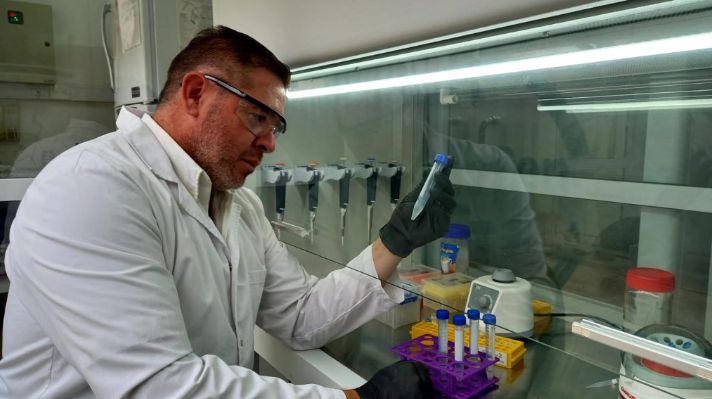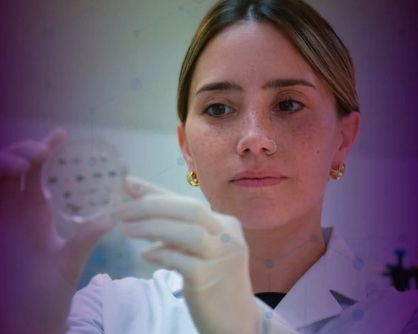Héctor Antonio Cristóbal is an Argentine researcher who earned his degree in Genetics and completed his Ph.D. in Biochemistry at the National University of Salta, Argentina. He is a member of the National Scientific and Technical Research Council (CONICET) as well as the National Institute of Chemical Research.
Among his most notable contributions are his explanations and research related to monkeypox, COVID-19, and salmonella.
Cristóbal and Science
Cristóbal remains deeply involved in the scientific field, currently serving as the director of the Laboratory for Genetic Research and Diagnosis. This lab is part of the Institute of Research for the Chemical Industry, which belongs to the University of Salta. The lab’s core objectives include the detection of COVID-19, salmonella, and hereditary diseases.
It also provides services to the university related to COVID-19 and focuses on identifying tumor markers. Cristóbal’s work contributes significantly to the field of human health, particularly through molecular diagnostics, virology, and microbial genetics.
His specialization lies in the design of molecular diagnostic tools aimed at detecting human pathogens using biotechnological methods. Molecular diagnostics refers to techniques in molecular biology that allow the identification of diseases by analyzing molecules such as genes or proteins. These processes enable the detection of illnesses like cancer by identifying specific biological markers.
A Kit to Diagnose Salmonella
One of Cristóbal’s key achievements is his research focused on the rapid detection of salmonella, a bacterial infection that typically affects the intestinal tract. Transmission can occur through contaminated food or direct contact with infected individuals or animals.
Together with his team, Cristóbal is developing a molecular detection kit for salmonella. This kit would enable fast detection of the pathogen by identifying its DNA in human or environmental samples. The ability to diagnose the infection quickly would allow for earlier intervention and more effective treatment responses.
Contributions to Health and Medicine
Beyond the development of a salmonella detection kit, Cristóbal has made several other significant contributions to medicine and public health. He has participated in numerous scientific conferences across Argentina, where he presented research on pathogenic bacteria, SARS-CoV-2 detection in water sources, microbiological and physicochemical indicators, and genetic markers.
Cristóbal has also addressed the issue of monkeypox. He describes it as an infectious agent transmitted through contact with contaminated materials or from animal to human, especially through primates and rodents. He notes that, like COVID-19, monkeypox can cause various symptoms, but the severity depends on the individual’s immune status.
Monkeypox has recently re-emerged as a public health concern, with the World Health Organization (WHO) declaring it a global emergency due to outbreaks in Africa. Cristóbal advises avoiding contact with infected individuals and recommends their isolation to prevent further transmission. He also emphasizes that although a previously developed vaccine has proven effective, it has not been equally distributed around the world.
Scientific Impact
Cristóbal’s work on monkeypox, salmonella, and COVID-19 places him among Argentina’s leading researchers in the study of viruses and pathogens. Operating from the National University of Salta and as part of CONICET, he contributes to health sciences using cutting-edge biotechnological tools.
His expertise in biology, microbiology, genetics, and biochemistry is reflected in his professional and scientific path, particularly in designing molecular diagnostics to detect harmful pathogens. His research not only advances scientific knowledge but also supports critical improvements in public health diagnostics and response strategies.


